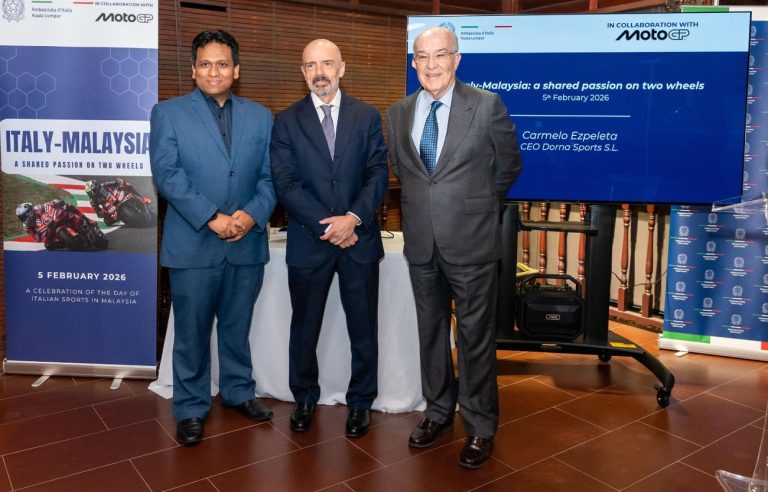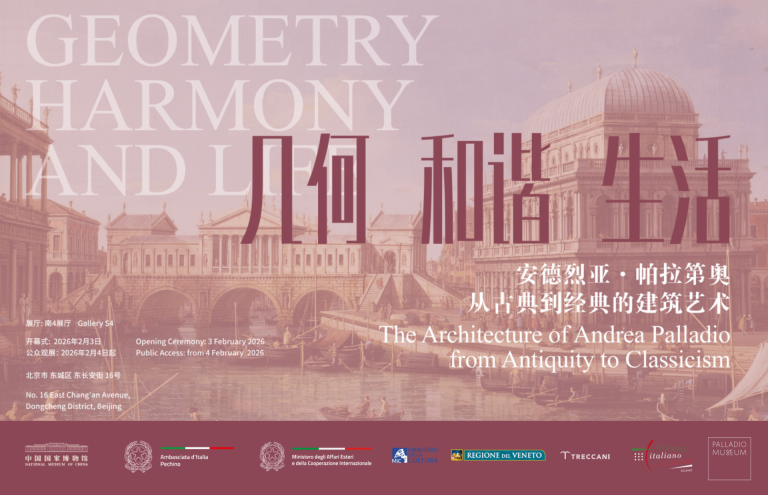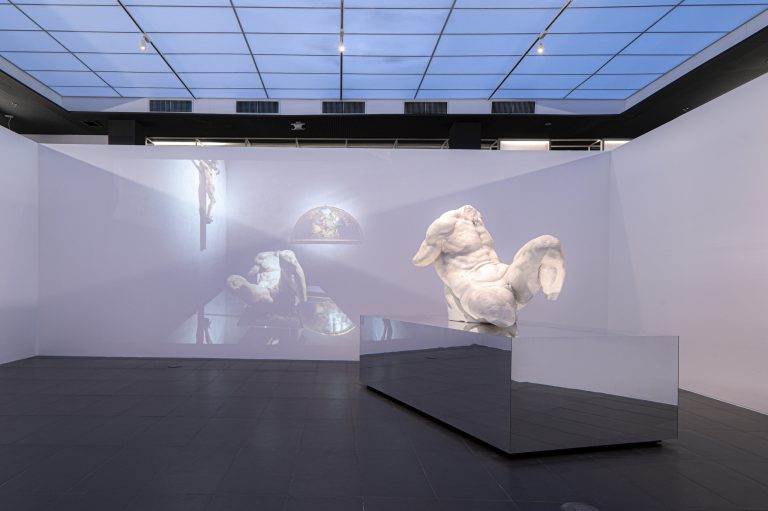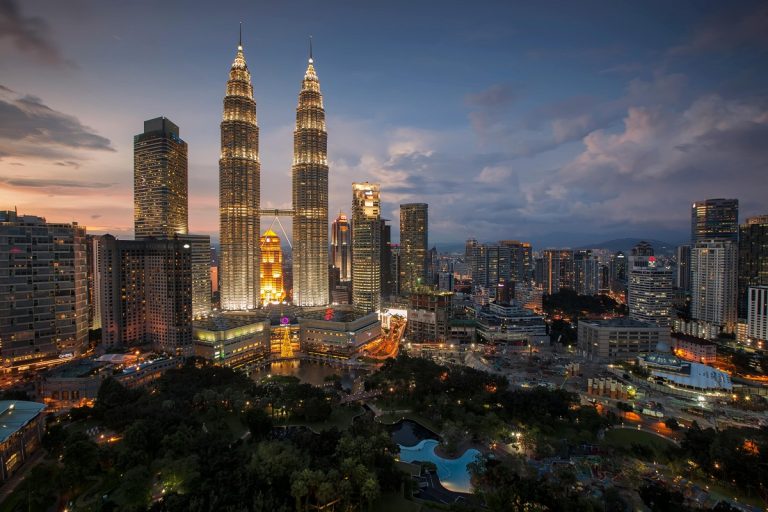Perhaps the most tangible example of how the Monti government’s economic diplomacy with the Far East has radically changed lies in an informal meeting held yesterday at the foreign ministry in Rome between foreign minister Giulio Terzi and Deputy Foreign Minister of Myanmar Myo Mynt, in Rome to attend an ASEAN Forum with Italian businesses.
Mynt is asking for Italy’s help in loosening European sanctions against the Burmese regime, and gives a glimpse into the attractive opportunities for ours and other European firms wishing to set up shop in the three free trade zones the country is creating, and which will be able to benefit from new laws for the protection of foreign investments.
Minister Terzi, I imagine that you and Mynt did not discuss themes such as human rights and the fate of the Nobel Prize winning leader of the Burmese opposition Aung San Suu Kyi, but rather economic cooperation, even though our annual exports to that country stand at only €14 million in goods and imports at €5.6 million.
You’re right, we did not discuss human rights in detail, but Mynt gave us very specific assurances of increasing openness to a multi-party system on the eve of the April 1st elections, and willingness to accept the presence of observers from area countries. It is also true that trade levels with Myanmar are very low, but this should be an encouragement to us to examine whether the conditions exists for direct Italian investments, such as those made in Vietnam, for example, by the Piaggio company. These are conditions I intend to verify on an upcoming mission to Myanmar immediately following the elections.
Premier Monti is scheduled to leave on a long trip to the Far East at the end of the week that will take him to South Korea, Japan and China. Despite mutual political reservations, these three nations are going to form the nucleus of the integrated system that will drive the new world economy. Are we making up for lost time?
I wouldn’t worry about the past, better to look forward, and especially at Monti’s trip to these three countries, which has deep political significance but also aims to strengthen economic ties between that region and Italy and the European Union in the wake of the eurozone sovereign debt crisis. There is, then, a strong link between the foreign ministry’s economic diplomacy and Monti’s mission. After mine in early March to Singapore, the base for the two major sovereign funds – Gic and Temasek – that still intend to invest in Italy, tomorrow’s [today’s] ASEAN Awareness Forum at the foreign ministry will seat Italian businesses at the same table with the authorities of the Far East, a market of 600 million persons that has been growing at an annual rate of 6%. Presentations will follow in the coming months in Italian cities on investment opportunities in Vietnam, along with other missions to the area, beginning with Myanmar.
Why should these countries choose Italy, and not Germany or France, to forge stronger relations with the European Union?
There are various orders of motivation. First of all, we share multilateral views and the same positions on development, peace and security with those countries. But, above all, we are being perceived today are real leaders in the revival of the eurozone. Moreover, we can offer all the advantages of a country that, in the space of only a few months, has done its homework and made it attractive for foreigners to invest in us through liberalisations, administrative simplification, tax breaks and, now, labour market reform.







